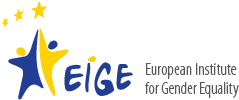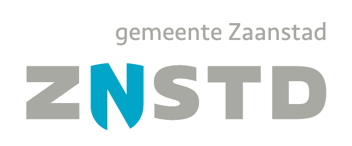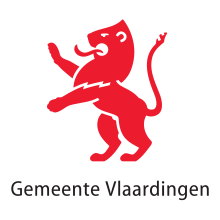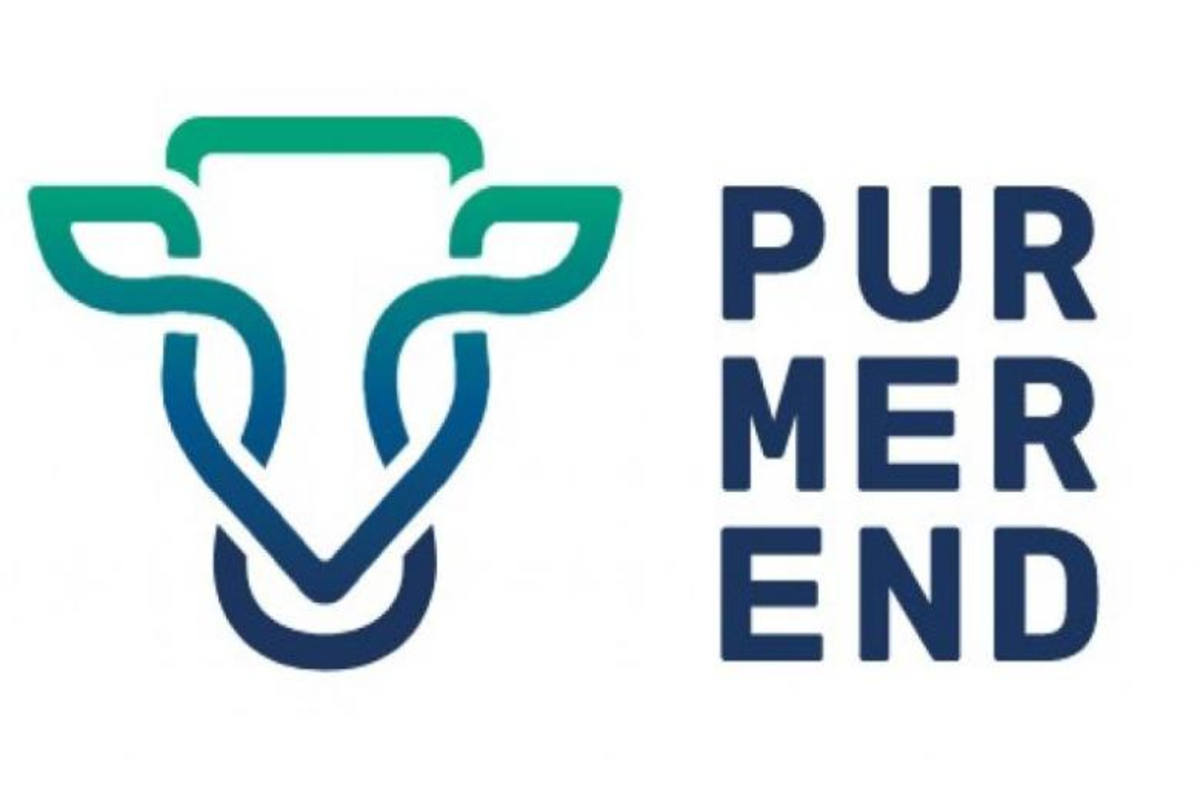All United Nations member states agreed on the Beijing Platform for Action in 1995. It is arguably the most important universal agreement on equality between men and women. Every year EIGE – the European Institute for Gender Equality – looks at one of the 12 critical areas of concern in the Platform for Action from the point of view of how EU countries are fulfilling their promises. In 2013 EIGE looked at institutional mechanisms for gender equality and found that gender equality in the EU is facing serious challenges.
The advancement of gender equality in the EU is unlikely without effective national structures dedicated to this area. “EIGE’s research points out that although equality between women and men is recognised as a fundamental principle of the European Union and a precondition for its sustainable development, the tendency to marginalise national institutional structures that are specifically focused on the advancement of gender equality in the EU is getting stronger.” says Virginija Langbakk, Director of EIGE, in a press release issued by EIGE.
The following paragraphs are taken from the press release.
EIGE’s new report presents the effectiveness of institutional mechanisms and gender mainstreaming in EU member states in 2005 and 2012. It highlights weaknesses and trends in the work of governmental gender equality bodies, such as the inconsistent implementation of gender mainstreaming strategies and the insufficient application of gender mainstreaming tools and methods.
Broad political remit narrowed down to legalistic approach
Notwithstanding the positive trends, a shift from the political, social and administrative remit of gender equality towards a legalistic approach and procedural mechanisms addressing discrimination at the individual level is evident. Gender equality is seldom addressed in a proactive way, through policies and institutions aimed at promoting gender equality, research and subsequently the implementation of measures that address gender inequalities, including the disadvantages of certain groups of women or men. It is more often viewed as a human rights violation, requiring reactive, legalistic measures to protect individual citizens against discrimination. Embedded in a human rights framework, gender equality loses power and strength to address structural inequalities and discriminations at the societal level.
Number of independent gender equality bodies more than halved
The independent bodies for protection against discrimination on the grounds of sex are increasingly replaced by bodies for protection against discrimination on various grounds. The number of independent bodies dedicated exclusively to the promotion of equal treatment between women and men have more than halved in 2012 compared to 2005. As EIGE’s research shows, there are only five Member States where discrimination based on sex is addressed separately. Whereas acknowledging the heterogeneity of women and men in terms of age, class, disability, ethnicity/race and sexual orientation is highly important, the consequences of downplaying gender as a structural dimension and underlying element of all inequalities should not be overlooked.
More tasks, less resources and power
The Council of the EU has stressed that location at the highest possible level in the government, sufficient resources and the possibility of influencing the development of all government policies are preconditions for an effective functioning of national mechanism for gender equality. In spite of the fact that governmental bodies for gender equality and bodies for the promotion of equal treatment on various grounds exist in all Member States, the bodies responsible for gender equality are often marginalised in national governmental structure, lack resources and support from political leaders.
Human resources in gender equality bodies have decreased in more than half of the EU Member States since 2005. The level at which the highest responsibility of governments for the promotion of gender equality is vested in the EU Member States has also diminished. Strengthening national gender equality bodies (institutional mechanisms) is a necessary condition for the effective implementation of all EU policies and making equality between women and men a reality in the EU.
Report
More information: http://eige.europa.eu
Media Contact: Magdalena Gryszko, Magdalena.Gryszko@eige.europa.eu, tel.: +370 5 215 7452
—————-
Networks for research
NETSHEILA is proud to be associated with this study. Lin McDevitt-Pugh managed the research project for the research consortium partners Atria Institute on Gender Equality and Women’s History (based in the Netherlands) and Karat Coalition (based in Poland), and brought in many national experts from throughout the European Union as researchers and subject experts. Special thanks to NETSHEILA partners Thera van Osch (of OQ Consulting), Niala Maharaj, and Virginia Virtu for their contributions to the study.
Our clients



















